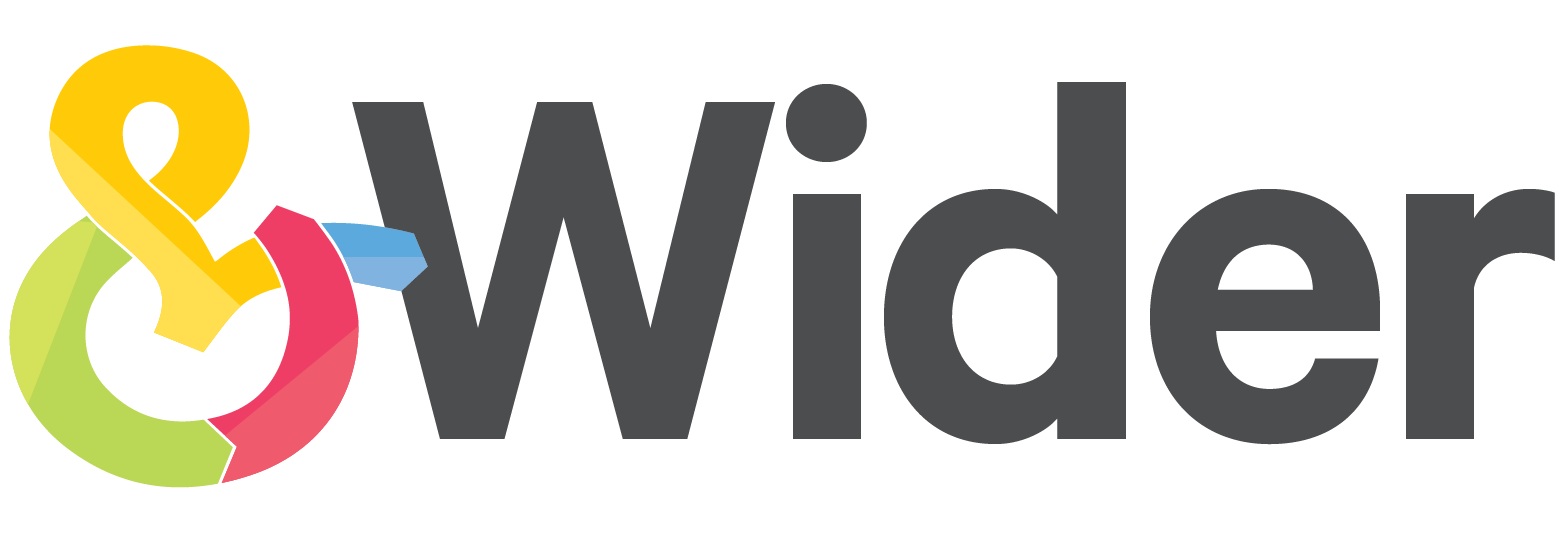5 ways to win supplier buy-in for your human rights due diligence programme
Engaging suppliers in human rights due diligence can be challenging, especially when they are already managing various compliance requirements. Here's how we as the &Wider’s implementation team effectively onboard suppliers to take our worker monitoring surveys, to make the process mutually beneficial:
Communicate Mutual Objectives and Benefits
In order to secure supplier buy-in, it’s crucial that you clearly communicate the objectives of human rights due diligence and how it aligns with both the client's and supplier's interests. Highlight the positive impact on business reputation, operational efficiency, and worker well-being.
Engaging suppliers effectively requires transparency, empathy, and a shared commitment to improving working conditions across supply chains. By fostering collaborative relationships and demonstrating the tangible benefits, we can prioritise the voice and experience of workers in supply chains and better embed human rights due diligence in business operations for meaningful change.
Respect Their Schedules and Needs
Suppliers deal with a multitude of requirements, and requests, from their clients, therefore it’s important to align with suppliers' availability and schedules to avoid survey fatigue. As buyers, it's key to avoid imposing rigid timelines that may disrupt suppliers' operations, or come into conflict with other initiatives they have going on like social audits. Rather, as a team, we tend to highlight the ease of implementing our surveys and assure suppliers that we will minimise the burden as much as possible. &Wider’s Direct Worker Engagement is designed to be a light-to-implement tool, and our teams prioritise a supplier-first approach, planning their surveys in a way and at a time that works best for them.
It is crucial to meet supplier’s where they’re at in their HRDD journey
Emphasise Worker Satisfaction and Retention
Explain to your suppliers how listening to workers and implementing their feedback can enhance job satisfaction and reduce turnover rates. Help suppliers see the long-term benefits of creating a supportive workplace culture with high worker retention.
Celebrate Results and Showcase Quick Wins
It’s important to not only focus on the improvement areas but also take the opportunity to congratulate your suppliers on what they’re already excelling at. Highlight immediate benefits and actionable insights from survey results. Identify simple action plans that yield high rewards, demonstrating the value of participating in human rights due diligence.
Prepare to have Supportive Conversations
Approach your suppliers with empathy and support during discussions about survey results. Encourage constructive dialogues that focus on improvement opportunities rather than criticism. It is crucial to meet them where they’re at in the HRDD journey. Every supplier has a different level of maturity and will need more, or less, support and encouragement. HRDD and Direct Worker Engagement should be collaborative, not punitive.
Conclusion
In conclusion, gaining supplier buy-in for human rights due diligence is not only about compliance but also about fostering meaningful partnerships. By respecting suppliers' schedules, demonstrating the value of actionable insights, and emphasising the benefits of worker engagement, businesses can successfully integrate HRDD into their supply chains. Collaboration, transparency, and a commitment to continuous improvement are key to creating ethical and sustainable supply chains that prioritise human rights. This is how procurement and sustainability professionals can drive positive change and ensure that every workers’ right is protected and respected.


